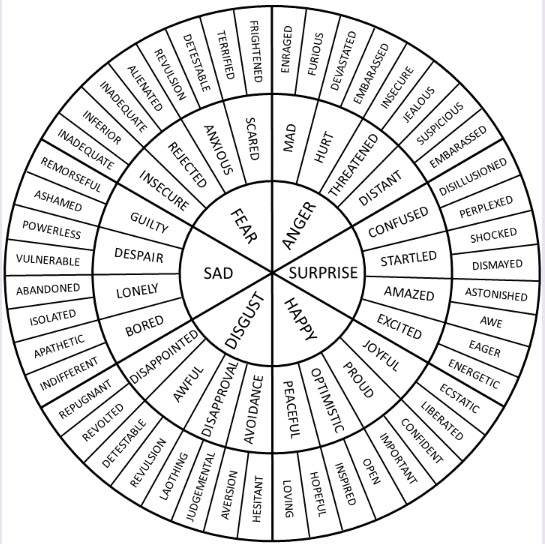Week 2: Emotions
Opening verse:
Hebrews 10:24-25 ESV - And let us consider how to stir up one another to love and good works, not neglecting to meet together, as is the habit of some, but encouraging one another, and all the more as you see the Day drawing near.
1 minute pause
Open in prayer
Discussion
The Bible is full of examples of people who felt emotions. Sometimes their emotions helped their situation, and sometimes it was unhelpful. Some examples include:
Afraid - Adam and Eve were afraid of God so they hid
Anger - Cain was angry at Abel and killed him
Happy - Abraham and Sarah were happy when Isaac was born
Sad - Jacob was deeply sad when he thought Joseph his son had been killed
These are just a few of many examples we see all throughout the Bible.
As we see in scriptures, emotions aren’t necessarily good or bad, depending on how we respond to them. But if we aren’t aware of those emotions, we can’t evaluate them, and if we can’t evaluate them, then we won’t know how to respond to them. And if we aren’t responding to them, then we’re reacting to them, and how many of you know that reacting to our emotions isn't helpful most of the time?
Let’s take a look at the Bible verse we read last week:
“Keep your heart with all vigilance, for from it flow the springs of life.” Proverbs 4:23 (ESV)
Finding your emotion
What each of you will do is study your emotional wheel for a couple of minutes. Put a check mark next to the one you identify with the most. After that, rate the extremity of that emotion on a scale of 1 to 10.


Group questions about each emotion
When you think about this emotion, where do you think it’s coming from?
What are you noticing about its effect on you?
What do you think God is making known to you?
Read: “Peace I leave with you; my peace I give to you. Not as the world gives do I give to you. Let not your hearts be troubled, neither let them be afraid.” John 14:27 ESV
How do you want to respond to this emotion? (remember, it’s not the emotion itself that’s good or bad. What matters is whether we respond vs react to it).
